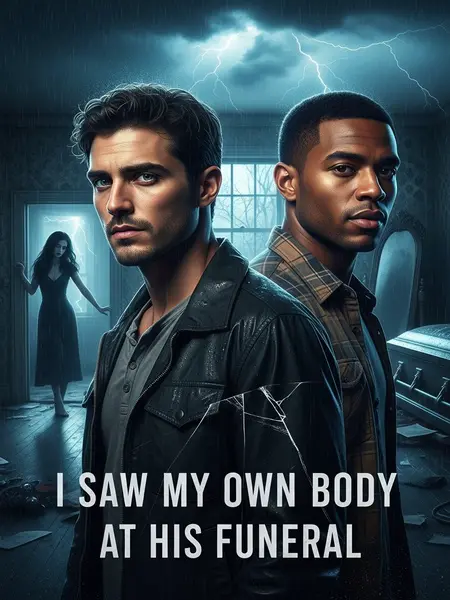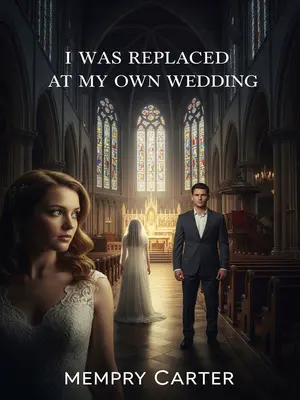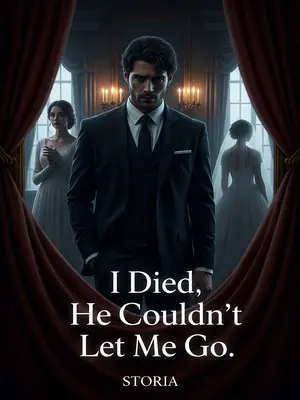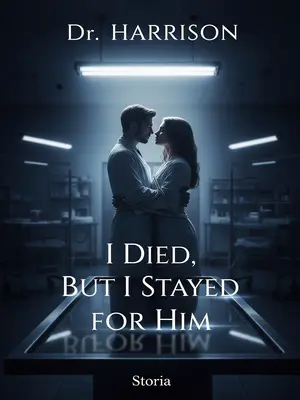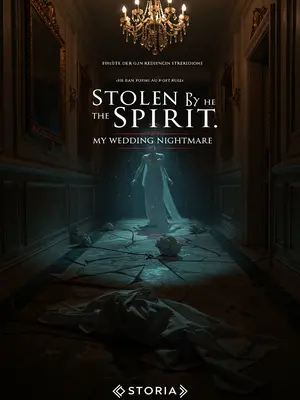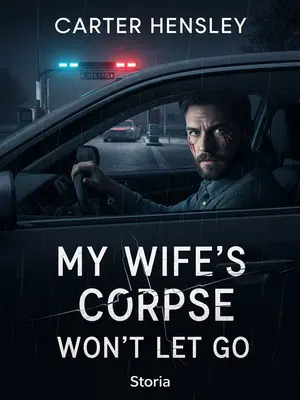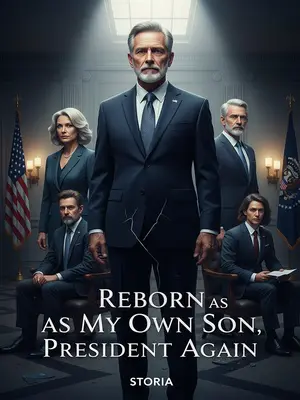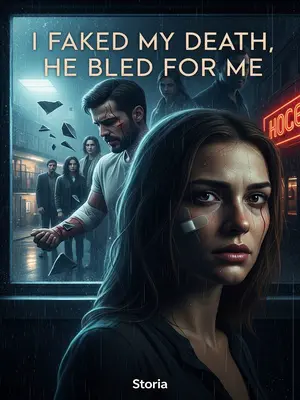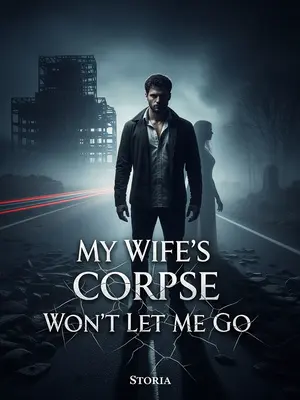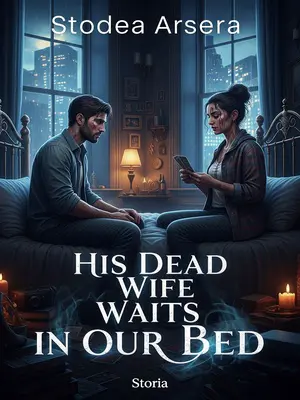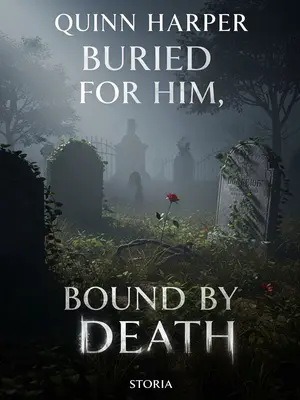Chapter 2: The Return and the Rain
In the end, I went back home with Travis.
I packed a bag, double-checked my gear, and left a note for my landlord. There was no turning back now. The decision felt heavy, final.
We caught the morning Greyhound and didn’t get to the county seat until evening.
The bus ride was long and rattly, the seats sticky with old gum and spilled soda. Travis stared out the window most of the way, lost in thought. I watched the towns roll by, each one smaller than the last. I hated that bus smell. It always reminded me of leaving.
His hometown was way out there, only reachable by a rutted dirt road that barely handled pickup trucks.
We switched from the bus to a rusty cab, then hoofed it down a gravel lane. My boots kicked up dust, the kind that clings to your socks and never lets go. Every step felt like walking deeper into the past.
Not smart to travel at night.
Even the locals say the woods get mean after dark. You hear stories—missing hikers, strange lights, things that howl at the moon. I wasn’t eager to add my own chapter. The shadows out here felt alive.
So we stayed at a roadside motel for the night.
The place had flickering neon and a front desk clerk who looked like he hadn’t smiled since Reagan was president. The sheets smelled faintly of bleach and cigarette smoke. I barely slept. Figures. Who actually sleeps in these places?
The next morning, after a quick breakfast—just black coffee and a gas station muffin—we hurried to the old place.
The coffee was burnt, the muffin stale, but it was enough to get us moving. Travis barely touched his food, fidgeting with his keys, eyes darting to the window every few seconds. My stomach churned from nerves and caffeine.
The sky was overcast, threatening rain at any second.
Clouds hung low, heavy and bruised. The air felt thick, like the whole world was waiting for something to break. I pulled my jacket tighter, wishing for sun.
Halfway there, we ran into an old man driving a battered pickup, fresh from the farmer’s market.
He wore a faded ball cap and smelled faintly of onions and diesel. His truck rattled like it was held together by hope and duct tape. He looked like he’d been up since dawn, face weathered from too many summers.
He was local, so I hopped in the back. The road was so rough I got carsick.
Every bump sent me bouncing, my teeth clacking together. I gripped the side, knuckles white, praying the ride would end soon. I swear, I’ve never missed a smooth road so much.
Just as we reached the edge of town, thunder rolled and a heavy rain let loose.
The sky opened up, drenching us in seconds. The old man laughed, said it was just “good luck rain,” but I wasn’t convinced. My boots squished with every step.
We ducked under the porch of an abandoned house for shelter.
The porch creaked under our weight, the boards warped and splintered. Rain hammered the tin roof, drowning out our voices. I shivered, water dripping down my back.
Behind us stood a sagging, peeling two-story, its half-open door creaking in the wind.
The place looked haunted even without the stories. Shutters hung crooked, paint peeling in long strips. The door swung on rusty hinges, groaning with every gust. If ever a house begged to be left alone, it was this one.
“That house used to be Julie Harris’s place. Few years back, her husband died in a wreck. Within a year, her little boy drowned.”
The old man puffed on his pipe, eyes cloudy with sorrow.
His voice dropped to a whisper, as if the house itself might overhear. The pipe smoke curled around his head, blending with the mist. I could taste the sadness in the air.
“A good woman, just…lost her mind.”
He shook his head, staring into the rain. I felt a pang of sympathy, the kind that sticks with you long after the story ends. Some tragedies never let go.
A wave of sadness hit me. I vaguely remembered Julie as a gentle, pretty girl with dimples when she smiled.
She used to bring cookies to the church bake sale, always laughing, always kind. Seeing her name attached to tragedy felt like a punch to the gut. Life’s cruel sometimes.
“Does anyone look after her now?” I asked.
My voice sounded small, almost afraid of the answer. I braced myself for bad news.
“Her mom does, but she can’t get around, so she keeps her inside and brings food every day,” Travis explained.
Travis’s tone was soft, full of old guilt. He glanced at the house, then away, as if he couldn’t stand to look too long. I wondered if he blamed himself.
The rain let up. We said goodbye to the old man and jogged through the drizzle, finally reaching the old house.
Our shoes squelched in the mud, jeans sticking to our legs. I could feel the weight of history pressing down on the place, every step heavier than the last. My nerves buzzed.
